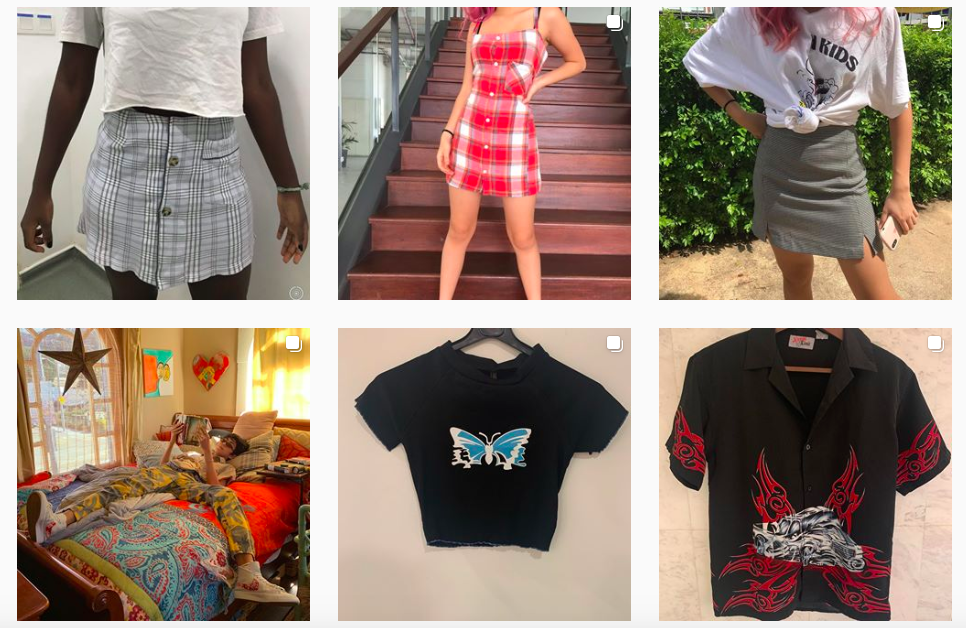By Isadora Marshall, G11
If you haven’t noticed already, Phnom Penh is developing quickly. It seems as though everyday a new tower block pops up, a new cafe, a new shopping mall, a new bubble tea shop. As exciting as it is, it’s important to remain environmentally conscious especially when living in such a fast growing city. Phnom Penh is actually already becoming increasingly eco friendly. There are countless small and large scale organisations and campaigns, pushing the people of the city to be more aware of their ecological footprint. Do you want to learn what you can do as an individual to become more environmentally conscious and to lessen your ecological footprint?
Here are 6 things you could start today!
1. Compost at home!
Composting is the decomposition of organic matter. To put that in simpler terms, composting is a method of recycling organic matter. Maybe you’re not a huge fan of vegetables and fruit, but I’m hoping most of you have eaten either a vegetable or fruit in your life, hopefully everyday. What do you do with the waste, the parts that you don’t eat or can’t eat, for example the peels of fruits – do you just throw your waste in the regular bin? Composting systems are super easy to use once you get the habit of it. Resources on our planet are not infinite, so through recycling and making use of already used materials and resources is an excellent way of decreasing your ecological footprint. Bring up the idea of compost to your families and communities and explain to them why they should start composting. Encourage yourself and others to be eco-smart!
A Guide to start your composting journey today!
2. Use your reusable water bottle more often!

Now this is something that is very universal around the student body. When looking around, most students have a reusable water bottle, plus ISPP is single-use plastic free so if you’re thirsty then you kind of need one! However, school is not the only place that you drink water and other drinks. It may not be the most convenient thing for you to bring around a reusable water bottle everywhere you go however, if you know you’re going somewhere for a whole day, if you’re travelling, if you’re going to play sports or generally if you’re going to partake in some sort of activity which would involve you needing to drink fluids, consider bringing your bottle with you! If you travel a lot, airports have refillable stations – you just have to look out for them or ask someone, it’s easy! You can also continue using your bottle for the rest of your holiday. You would be surprised to know the amount of plastic consumed just from purchasing single-use plastic bottles. Similarly, if you’re going to a cafe or a bubble tea shop, bring your own cup so you don’t have to buy more plastic — like what you have to do when buying drinks in the cafe at school.
3. Metal straws for bubble tea and drinks!

Yes, you may immediately be thinking “VSCO girl alert”, but metal straws and even other types of reusable straws (bamboo, silicone and more!) are incredibly useful, small ways in becoming more eco-aware. They’re easily portable, especially since they usually come in little pouches, and we can’t ignore the fact that really, they’re pretty cute! Oh, and heads-up to any bubble tea lovers out there, you definitely should consider getting a metal/reusable straw — think about the amount of straws that have been used to feed your addiction…poor turtles!
Where to buy metal, silicone and bamboo straws in Phnom Penh: Sacred Lotus Cafe (Toul Tompong) Eleven One Kitchen (BKK)
4. Participate in Meatless Mondays!
I know many students aren’t particularly happy with the whole concept of Meatless Monday – especially the carnivores out there. However, just put this into perspective a little bit, it’s literally one meal out of your entire day, your entire week and it makes a huge difference. Epicure has definitely more than half of the school to feed, so think about the amount of meat they would have to buy everyday to feed all the hungry kids and staff. By taking a day off, ISPP is lessening their carbon footprint, however many of you have already discovered the meat option off to the side of the line. Despite the temptation of going for meat instead of the vegetarian options, going meat free on Monday’s is a really good way to help support the environment; it’s healthy and will for sure make you more eco-responsible. In case you don’t believe this, according to Meatlessmondays.com, 348 miles driven is the amount of CO2 emissions you would save if you were to eat one less serving of meat every Monday for a year. It’s easy and super important to protect our environment!
5. Bring cotton/canvas bags when you grocery shop!

Are you a shopper? Do you visit the shops regularly, either to buy food, clothes, books, shoes, etc? Do you ever consider the packaging surrounding your bought goods? You’re probably aware of the whole ‘not accepting plastic bags’ concept, however, how often do you follow this? Do you let it off and tell yourself, ‘oh it’s just this once, it won’t make a difference’? We’re only human, we can’t remember to bring reusable bags every time we visit the shops. However, if you know you’re going to go out to buy whatever it may be, just bring a bag along! Encourage your parents, sisters, brothers, teachers and friends to do the same! Say no to plastic 😉
6. Thrifting and avoiding fast fashion!
Has it ever crossed your mind that the clothes you’re wearing right now are probably bad for the environment? Ever heard of fast fashion? If not, there’s an article written by another writer for The Grapevine, Gillian Murphy, who eloquently detailed the fast fashion industry. To sum it up, fast fashion partially speaks for itself, think of fast food even, it’s made quickly, it’s trendy, everyone likes it but unfortunately it sucks for the environment. In the fast fashion industry it’s a similar idea: clothing is produced rapidly, inexpensively and unethically to the workers and is completely detrimental to our planet. It is polluting and resource demanding. The fast fashion industry is the second largest polluter in the world. Examples of brands which are ‘fast fashion’ are Forever 21, H&M, Zara, Topshop, Urban Outfitters. You don’t have to completely ditch these types of shops, however you should explore your other options. Second hand clothing is great, it’s trendy, it’s good for the environment, it’s a form of recycling and it’s usually cheaper than most of the clothes you would normally buy. In Phnom Penh, Sakura Recycle Shop Japan is a great thrift shop, with many different branches located around the city. A fellow student of ours, Thomas Dimayuga from grade 10, has an Instagram page dedicated to selling trendy second hand, vintage clothing (@thrifts.kh). He even did his Grade 10 personal project on the fast fashion industry — you may have seen him at the Personal Project exhibition or even when he performed his insightful ISPPTalks speech.
Now that you have more insight on how you can be more environmentally friendly in Phnom Penh, take a minute to reflect on your ecological footprint, what can you do to make a difference? The majority of the 6 options listed above aren’t hard to implement into your daily routine and they would help out the environment so much! Our planet is in need of protection, every day, every minute and every second. Do all that you can to make more of a positive impact on the world around us — it won’t be here forever if us humans continue to destroy it. Keep that in mind.



